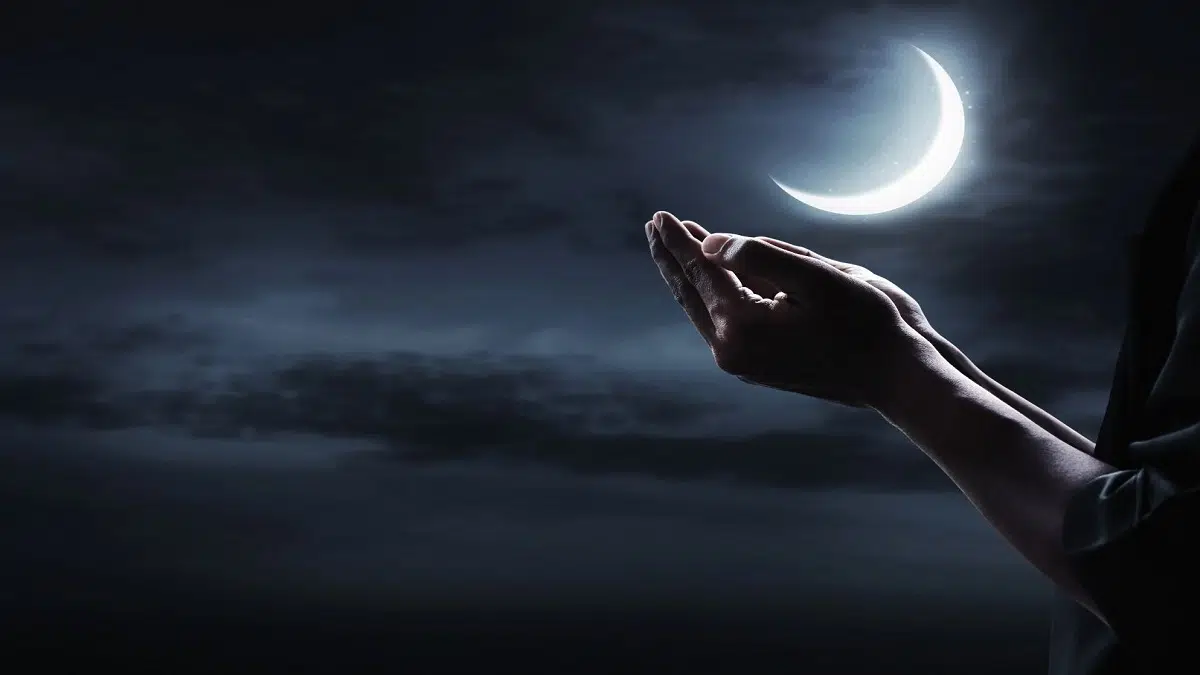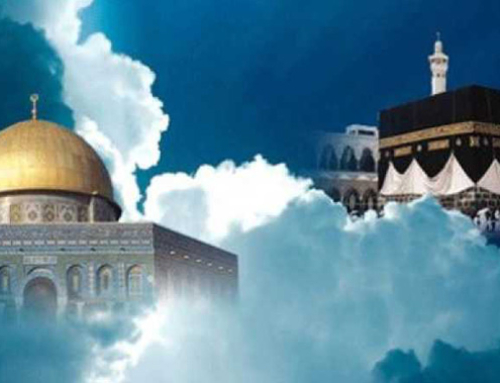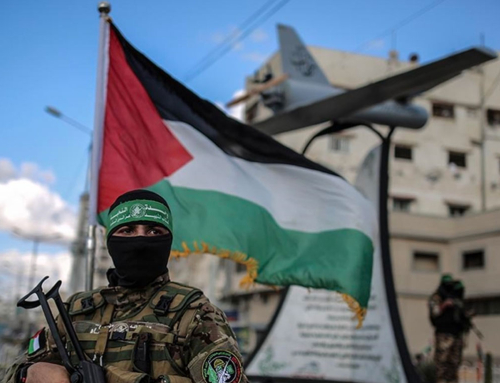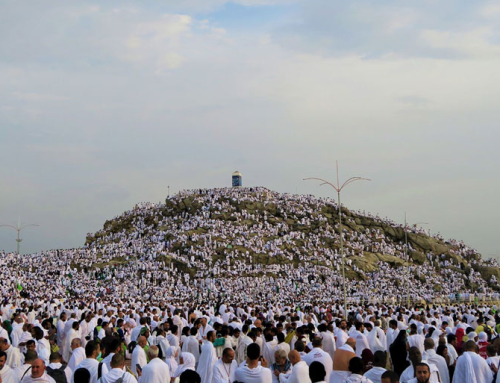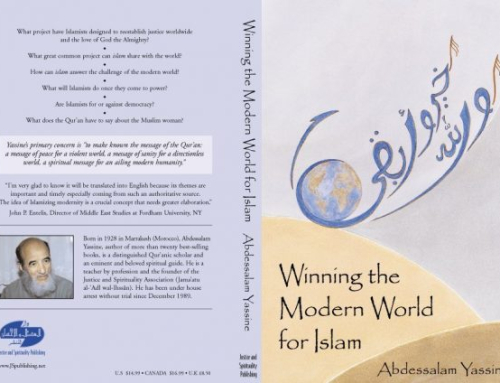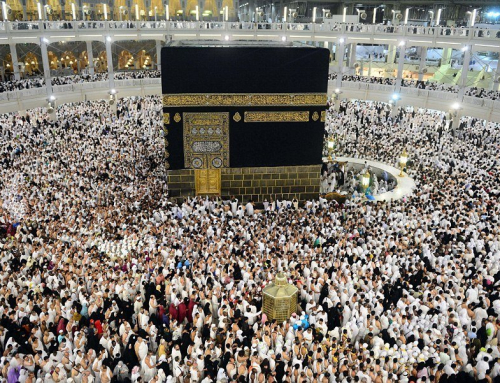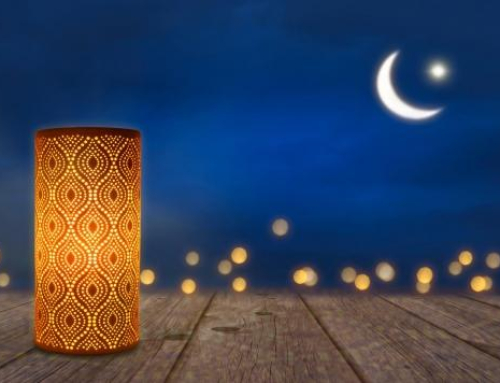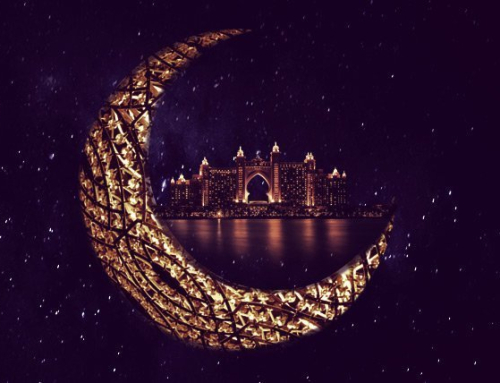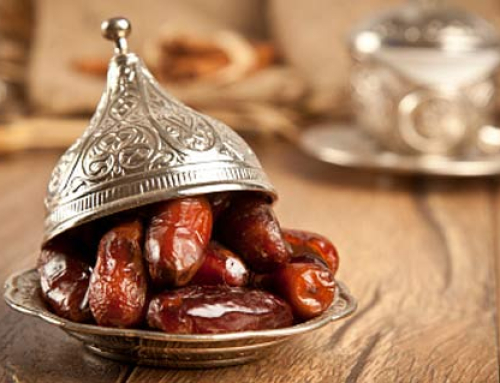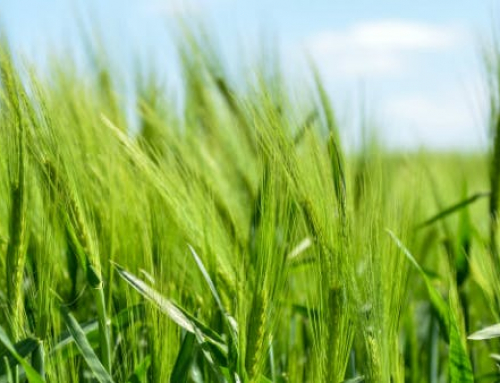Yassine Hicham
February 20, 2024
Amongst the significant features of the month of Sha‘ban is that it consists of a night which is termed in Sharia as “Laylatul-bara’a” (The night of freedom from Fire). This is the night occurring between 14th and 15th day of Sha‘ban. There are certain traditions of Prophet Muhammad, God bless him and grant him peace, to prove that it is a meritorious night in which the people of the earth are attended by special Divine mercy. Some of these traditions are quoted as follows:
1. Lady ‘Aisha, God be well pleased with her, is reported to have said, “Once the Prophet, God bless him and grant him peace, performed the prayer of the night (Tahajjud) and made a very long Sajda until I feared that he had passed away. When I saw this, I rose (from my bed) and moved his thumb (to ascertain whether he is alive). The thumb moved, and I returned (to my place). Then I heard him saying in Sajda: ‘I seek refuge of Your forgiveness from Your punishment, and I seek refuge of Your pleasure from Your annoyance, and I seek Your refuge from Yourself. I cannot praise You as fully as You deserve. You are exactly as You have defined Yourself.’ Thereafter, when he raised his head from Sajda and finished his prayer, he said to me: ‘Aisha, did you think that the Messenger has betrayed you?’ I said, ‘No, O Prophet of God, but I was afraid that your soul has been taken away because your Sajda was very long.’ He asked me, ‘Do you know which night is this?’ I said, ‘God and His Messenger know best.’ He said, ‘This is the night of the half of Sha‘ban. God Almighty looks upon His slaves in this night and forgives those who seek forgiveness and bestows His mercy upon those who pray for mercy but keeps those who have malice (against a Muslim) as they were before, (and does not forgive them unless they relieve themselves from malice).’”
2. In another Tradition Lady Aisha, God be well pleased with her, has reported that Prophet, God bless him and grant him peace, said, “God Almighty descends (in a manner He best knows it) in the night occurring in the middle of Sha‘ban and forgives a large number of people more than the number of the fibers on the sheep of the tribe, Kalb (1) .”
3. In yet another Tradition, she has reported the Prophet, God bless him and grant him peace, to have said, “This is the middle Night of Sha‘ban. God frees in it a large number of the people from Fire, more than the number of the hair growing on the sheep of the tribe, Kalb. But He does not even look at a person who associates partners with God, or at a person who nourishes malice in his heart (against someone), or at a person who cuts off the ties of kinship, or at a man who leaves his clothes extending beyond his ankles (as a sign of pride), or at a person who disobeys his parents, or at a person who has a habit of drinking wine.”
4. Mu‘adh ibn Jabal, God be well pleased with him, reports that Prophet Muhammad, God bless him and grant him peace, said: “God Almighty looks upon all those created by Him in the middle Night of Sha‘ban and forgives all those created by Him, except the one who associates partners with Him or the one who has malice in his heart (against a Muslim)”.
Although the chain of narrators of some of these traditions suffers with some minor technical defects, yet when all these traditions are combined together, it becomes clear that this night has some well-founded merits, and observing this night as a sacred night is not a baseless concoction as envisaged by some modern scholars who, on the basis of these minor defects, have totally rejected to give any special importance to this night. In fact, some of these traditions have been held by some scholars of hadith as authentic and the defects in the chain of some others have been treated by them as minor technical defects which, according to the science of hadith, are curable by the variety of their ways of narration. That is why the elders of the Umma have constantly been observing this night as a night of special merits and have been spending it in worship and prayers.
What Should be Done in this Night?
In order to observe the Night of Bara’a, one should remain awakened in this night as much as he can. If someone has better opportunities, he should spend the whole night in worship and prayer. However, if one cannot do so for one reason or another, he can select a considerable portion of the night, preferably of the second half of it for this purpose, and should perform the following acts of worship:
(a) Prayer is the most preferable act to be performed in this night. There is no particular number of Rak’at but preferably it should not be less than eight.
(b) The recitation of the Holy Qur’an is another form of worship, very beneficent in this night. After performing prayer, or at any other time, one should recite as much of the Holy Qur’an as he can.
(c) Dhikr. One should also perform dhikr (mentioning the name of God) in this night.
(d) Supplication. The best benefit one can draw from the blessings of this night is prayers and supplications. It is hoped that all the prayers in this night will be accepted by our Lord, God willing.
Fast of the 15th Sha‘ban
On the day immediately following the Night of Bara’a, i.e. the 15th of Sha‘ban, it is advisable to keep fast. The Prophet, God bless him and grant him peace, is reported to have recommended this fast emphatically. Moreover, a large number of the predecessors of the Umma have been observing the fast of the 15th of Sha‘ban.
Therefore, it is advisable to fast the 15th of Sha‘ban as an optional fast.
References
| ↑1 | Kalb was a big tribe the members of which had a very large number of sheep. Therefore, the last sentence of the hadith indicates the big number of the people who are forgiven in this night by God Almighty. |
|---|



